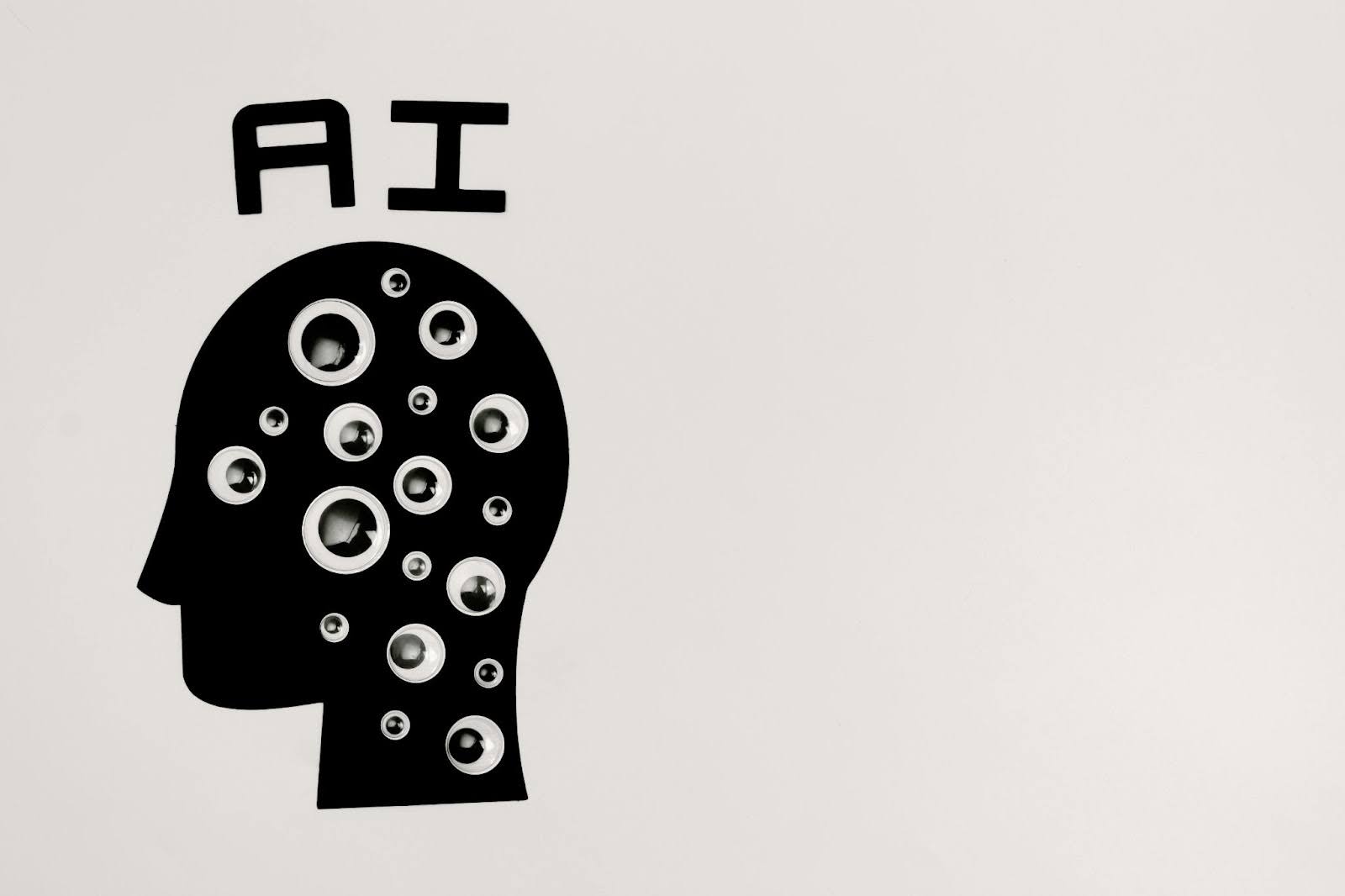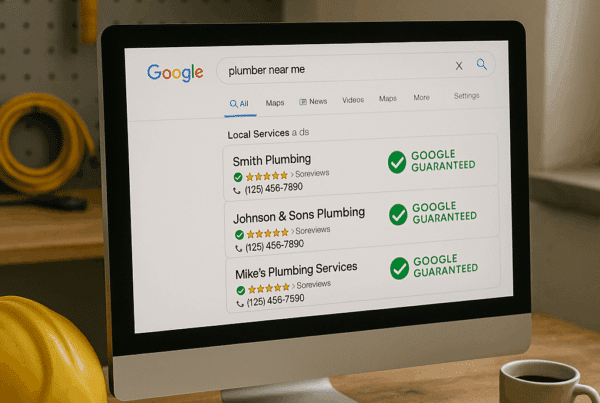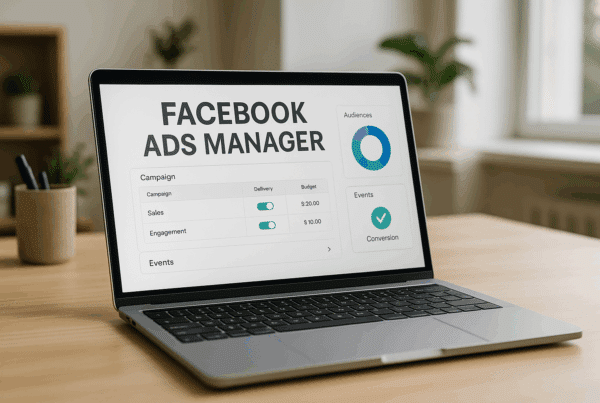In today’s hyper-connected world, digital marketing stands as a cornerstone for businesses striving to thrive in the competitive landscape. As technology continues to evolve, Artificial Intelligence (AI) emerges as a pivotal force, reshaping the way companies approach and execute their marketing strategies. Leveraging AI in digital marketing offers unprecedented opportunities to understand consumer behavior, personalize interactions, streamline processes, and optimize campaigns for maximum impact. From predictive analytics to chatbots and beyond, AI empowers marketers with invaluable insights and tools to navigate the complexities of the digital realm with precision and agility. This convergence of AI and marketing not only enhances efficiency and effectiveness but also paves the way for innovative approaches that resonate with today’s dynamic audience.
What is AI in digital marketing?
AI in digital marketing refers to the integration of artificial intelligence technologies and techniques to enhance various aspects of marketing strategies, campaigns, and processes. It encompasses a wide range of applications, including data analysis, customer segmentation, personalized content creation, predictive modeling, chatbots, and automated decision-making.
At its core, AI in digital marketing aims to leverage data-driven insights and automation to improve targeting, engagement, and overall campaign performance. By analyzing vast amounts of data from multiple sources, AI algorithms can identify patterns, trends, and correlations that human marketers might overlook. This enables businesses to better understand their target audience’s preferences, behavior, and purchase intent, allowing for more precise targeting and personalized messaging.
Moreover, AI-powered tools and platforms can automate repetitive tasks, such as email marketing, social media posting, and ad optimization, freeing up marketers’ time to focus on strategic initiatives and creative endeavors. Chatbots, powered by natural language processing (NLP) algorithms, enable real-time customer interactions, providing assistance, answering queries, and guiding users through the sales funnel.
Overall, AI in digital marketing represents a transformative shift towards data-driven, automated, and personalized marketing strategies that drive better results, enhance customer experiences, and optimize resource allocation.
Why to use AI in digital marketing?
There are several compelling reasons to incorporate AI into digital marketing strategies:
- Data Analysis: AI algorithms can sift through vast amounts of data in real-time, providing valuable insights into customer behavior, preferences, and trends. This allows marketers to make data-driven decisions and optimize campaigns for better performance.
- Personalization: AI enables personalized marketing at scale by analyzing individual customer data and delivering tailored content, recommendations, and offers. This personalized approach enhances customer engagement and fosters stronger relationships with the audience.
- Automation: AI-powered tools automate repetitive tasks such as email marketing, social media posting, and ad optimization, freeing up marketers’ time to focus on strategic planning, creativity, and innovation.
- Predictive Analytics: AI algorithms can forecast future trends, identify potential opportunities, and predict customer behavior with a high degree of accuracy. This enables marketers to anticipate market changes, adjust strategies accordingly, and stay ahead of the competition.
- Enhanced Customer Experience: AI-driven chatbots provide instant assistance and support to customers, improving response times and satisfaction levels. Additionally, AI-powered personalization ensures that customers receive relevant and timely content, enhancing their overall experience with the brand.
- Cost Efficiency: By automating tasks and optimizing campaigns, AI can help reduce marketing costs while maximizing ROI. Marketers can allocate resources more effectively and invest in channels and strategies that yield the highest returns.
- Competitive Advantage: Businesses that leverage AI in digital marketing gain a competitive edge by staying agile, responsive, and innovative. They can adapt quickly to changing market conditions, capitalize on emerging opportunities, and deliver superior experiences to their customers.
Overall, the use of AI in digital marketing enables marketers to unlock new insights, improve efficiency, and deliver more personalized and engaging experiences to their target audience, ultimately driving business growth and success.
How to use AI in digital marketing?
Using AI in digital marketing involves several key steps and strategies:
- Data Collection and Analysis: Start by collecting relevant data from various sources, such as website analytics, social media platforms, CRM systems, and third-party databases. Use AI-powered analytics tools to analyze this data and gain insights into customer behavior, preferences, and trends.
- Audience Segmentation: Utilize AI algorithms to segment your audience based on demographics, behavior, interests, and other relevant factors. This allows you to create more targeted and personalized marketing campaigns tailored to specific audience segments.
- Personalized Content Creation: Leverage AI-driven content generation tools to create personalized and relevant content for your audience. These tools can analyze data to understand user preferences and generate content, such as product recommendations, email subject lines, ad copy, and social media posts, that resonates with individual users.
- Predictive Analytics: Implement predictive analytics models to forecast future trends, identify potential opportunities, and predict customer behavior. This enables you to anticipate market changes, adjust your marketing strategies accordingly, and stay ahead of the competition.
- Marketing Automation: Use AI-powered marketing automation platforms to streamline and automate repetitive tasks such as email marketing, social media scheduling, ad targeting, and campaign optimization. This frees up time for marketers to focus on strategic planning, creativity, and innovation.
- Chatbots and Virtual Assistants: Deploy AI-driven chatbots and virtual assistants to provide instant support and assistance to customers across various channels, such as websites, social media, and messaging apps. These bots can answer queries, provide product recommendations, and guide users through the sales funnel, enhancing the overall customer experience.
- Performance Optimization: Continuously monitor and analyze the performance of your marketing campaigns using AI-powered tools. Identify areas for improvement, test different strategies and tactics, and optimize your campaigns for better results and ROI.
- Experimentation and Innovation: Stay abreast of the latest advancements in AI technology and experiment with new tools and techniques to innovate your digital marketing efforts. Test new AI-driven features, platforms, and strategies to see what works best for your business and audience.
By integrating AI into your digital marketing strategy, you can unlock new insights, improve efficiency, and deliver more personalized and engaging experiences to your target audience, ultimately driving business growth and success.
Advantages and Disadvantages of Utilizing Artificial Intelligence in Digital Marketing:
Certainly, AI in digital marketing offers various advantages and disadvantages:
Advantages:
- Data-driven Decision Making: AI enables marketers to analyze vast amounts of data quickly and accurately, leading to more informed decision-making processes.
- Personalization: AI algorithms can personalize marketing campaigns based on individual preferences and behaviors, leading to higher engagement and conversion rates.
- Automation: AI automates repetitive tasks, such as email marketing, ad optimization, and customer support, freeing up marketers’ time for strategic planning and creativity.
- Predictive Analytics: AI can forecast future trends and customer behaviors, allowing marketers to anticipate market changes and adjust their strategies accordingly.
- Enhanced Customer Experience: AI-driven chatbots provide instant support and assistance to customers, improving response times and overall satisfaction levels.
Disadvantages:
- Data Privacy Concerns: The use of AI in digital marketing relies heavily on data collection, raising concerns about data privacy and security among consumers.
- Algorithm Bias: AI algorithms may inadvertently perpetuate biases present in the data they are trained on, leading to unfair or discriminatory outcomes in marketing campaigns.
- Complexity and Cost: Implementing AI technologies in digital marketing requires specialized skills and resources, which can be costly and complex for some businesses to manage.
- Over-reliance on Technology: Relying too heavily on AI technology may lead to a lack of human creativity and intuition in marketing strategies, potentially limiting innovation and differentiation.
- Potential for Errors: AI algorithms are not infallible and can make mistakes, especially if they are not properly trained or monitored by human experts.
While the advantages of AI in digital marketing are considerable, it’s essential for businesses to be mindful of the potential disadvantages and take steps to mitigate them effectively. Striking the right balance between automation and human intervention is key to leveraging AI successfully in digital marketing efforts.



